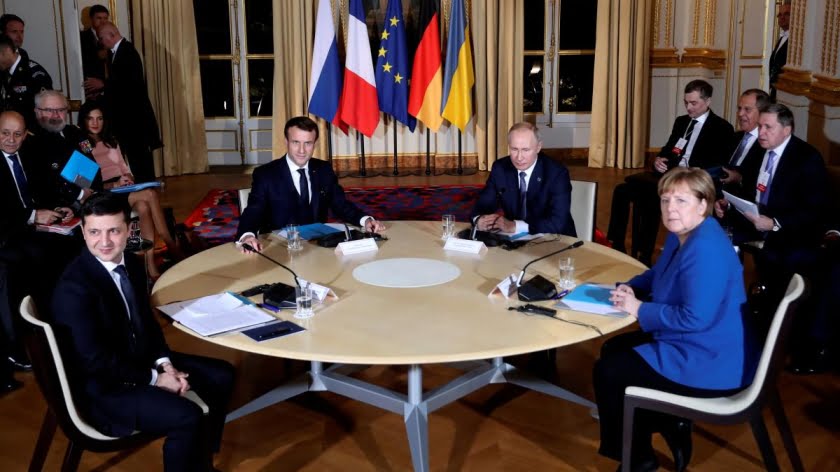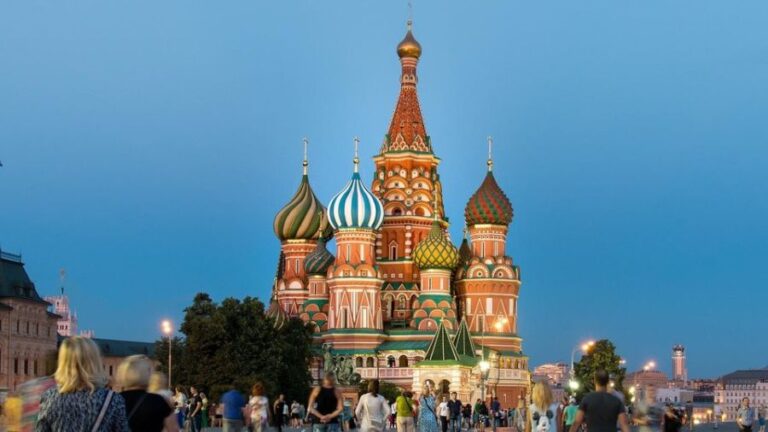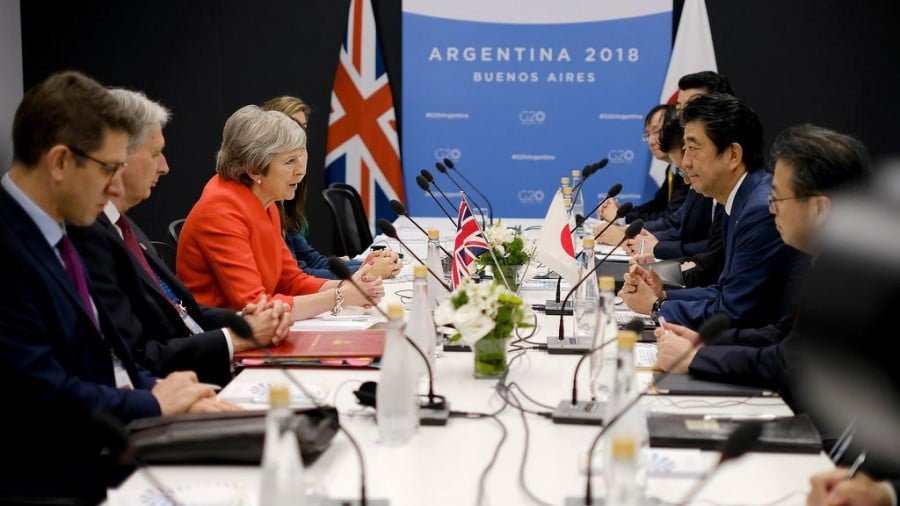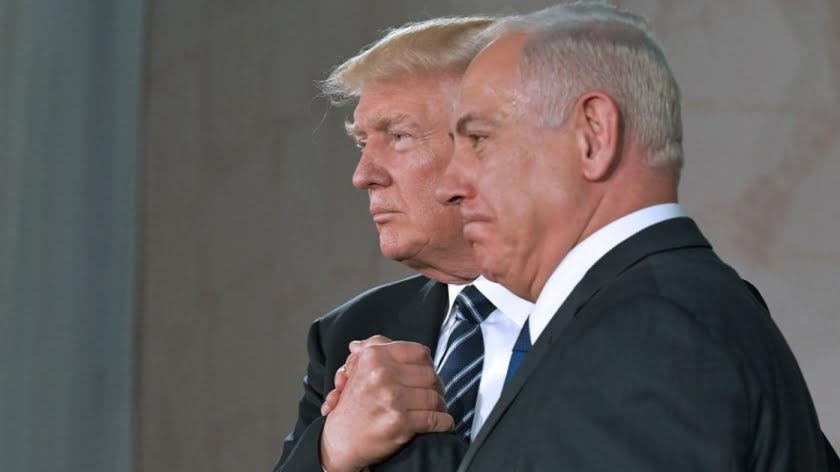Erdogan’s Line of Thinking
In early July, several leaders of Azov, a terrorist organization, were transferred from Turkey to Ukraine where they were honored as heroes upon returning home. This gesture followed immediately after Vladimir Zelensky’s visit to Ankara. In addition to this incident, new agreements between Turkey and Ukraine were widely covered in mass media, including the confirmation of the construction project aimed at building a plant to manufacture combat UAV Bayraktars. It is known that earlier the exchange of Russian and Ukrainian POWs included an agreement that battalion Azov’s combatants would stay in Turkey until the end of the conflict. Therefore, the fact that they were transferred to Ukraine was a violation of the agreement. Although various versions of what happened were voiced, up to conspiracy theories that this was done at the request of Moscow in order to somehow discredit Ukraine on the eve of the NATO summit, the most likely version is that this was done deliberately to humiliate Russia.
Answering the question of why the Turkish leadership did so despite ongoing bilateral cooperation in a number of areas and given the fact that Ankara does not impose sanctions against Russia and Russian-Turkish partnership relations are quite frequently mentioned by other countries, requires analyzing President Recep Tayyip Erdogan’s previous actions and line of thinking.
Even a superficial assessment would show that he is pursuing Turkish interests as he sees them. In order to secure such interests, the Turkish leadership is ready to break its promises if some preferences that may be obtained from a third party outweigh current benefits. This is the case not in terms of interests only but even in terms of values. President Erdogan is frequently pegged as a defender of the Muslim world and an advocate of Islamic traditions. After the Koran was burnt in Stockholm, the Turkish leadership once again attacked Sweden with anger, saying that such actions would only delay the country’s entry into NATO and Turkey would do its best to delay it.
On July 10, on the eve of the NATO summit hosted by Vilnius, President Erdogan almost spooned with Swedish Prime Minister Ulf Kristersson. In his turn, NATO Secretary General Jens Stoltenberg said Turkey had now made a “clear commitment” to submit Sweden’s ratification documents to the Turkish parliament for approval.
Such a sharp change in his mood is due to the fact that the EU leadership has promised Turkey additional trade preferences in exchange for Sweden’s admission to NATO. This is the logic of the oriental bazaar: scratch my back and I will scratch yours.
And in light of the very poor state of Turkey’s economy, Erdogan will grab every opportunity to improve it. It’s a pretty large and specific topic directly associated with political decisions. First, the country needs huge investments to restore and rebuild the cities that were hit by the earthquake.
Secondly, the inadequate policy of the Turkish Central Bank has recently resulted in the Turkish lira tumbling to become the most devalued currency in the world. This immediately affected domestic prices. For reference, food prices in Turkey over the past six months have increased by more than 50%. Addressing the problems necessitates not just patching up economic holes but a serious rehabilitation program for the Turkish economy which will not do without external injections. Of the major donors of the Arab countries, only Qatar can partially help Turkey and has previously made loans and invested in various infrastructure projects in the country. There is also the International Monetary Fund that administers its own programs. However, the IMF’s conditions are always politically tinged. If not reforming social programs and subsidies (that will immediately take a toll on Erdogan’s image), then what could be behind the decision to provide Turkey’s with economic aid? Since the USA owns a “majority stake” in the World Bank and the IMF, this may be some kind of special prerequisite. For example, according to journalist Seymour Hersh, Joe Biden promised Erdogan a $11–13 bn credit facility in exchange for supporting Sweden’s entry into NATO and giving the go-ahead for the sale of U.S. fighter jets to Turkey.
Or maybe there are some other secret agreements between the USA and Turkey? In particular, there was information that Washington wanted to lay its hands on a Russian-made S-400 anti-aircraft missile system. This was voiced in May 2023 by Turkish Foreign Minister Mevlut Cavusoglu. According to him, Turkey refused to do it at that time.
However, can Turkey’s stance on this issue change? Theoretically, yes if Ankara finds it beneficial. It is not necessary to share with the USA all the divisions delivered by Russia, even one will be enough to give rise to the risk that its smart contents may be reverse engineered and vulnerabilities may be found. In the meantime, Russia has no actual levers of pressure to exert any influence on Turkey in connection with the above issue. Even if Turkey pays the penalty required by the contract, Washington can easily compensate it.
This gives rise to a question of whether it is possible to somehow quiet the Turkish leadership down as it was in November 2015 after a Russian front-line bomber was shot down in Syrian airspace? At that time, trade relations were suspended, the sale of tourist vouchers was canceled and the visa-free regime enjoyed by the Turks was discontinued. The effect was colossal. Erdogan’s administration wrote that incident off to Gulenists’ intrigues though.
Russia, however, did not face such a pressure exerted by Western countries that started after February 2022. Current trade and economic relations between Russia and Turkey serve the best interests of the two countries. At the same time, the Turkish side has more trumps.
Firstly, Russian gas is sold to Turkey on credit and Turkey can pay for it by 2024.
This was done on the eve of the elections in Turkey as a good will gesture. Erdogan availed of it for his election campaign.
Ankara, however, has been making diversification efforts for a long time and partially sources gas from Azerbaijan and about 10% of the required volume as LNG from the United States. The natural gas reserves recently discovered in the Black Sea will also help Turkey reduce its dependence on Russian supplies.
In addition to its own needs for energy resources, Turkey holds itself out as an energy hub trying to offer projects to other energy powers of Central Asia, the South Caucasus and the Middle East.
Secondly, banning the imports of Turkish tomatoes and other products may affect domestic prices in Russia while such products will be delivered to Russia with Azerbaijani labels. Then Azerbaijan will have to be drawn into the scandal which is highly undesirable.
Thirdly, hypothetically it is possible to repeat the ban on the sale of tourist vouchers to Turkey. However, this will necessitate finding a similar alternative, which simply does not exist.
Another options is the operations of Turkish Airlines in Russia. However, it operates in the interests of Russian citizens who can use its services to visit other countries using Istanbul as transit destination.
In general, all these options can be used as sanctions restrictions. This, however, will take the shape of a political and economic conflict, which requires good preparations and figuring out all possible consequences.
So far, it only seems that the Turkish side has more trumps and serious efforts need to be made to create a counterweight.
At the same time, it is essential to remember that Turkey is not really interested in Russia getting stronger or developing. Turkey has not recognized the return of Crimea to the Russian Federation and has always supported the Mejlis of the Crimean Tatar People. Ankara would like to feel freer both in the Caucasus and Central Asia, promoting its interests under the guise of pan-Turkism and Muslim solidarity.
In this regard, it is noticeable that Erdogan’s rhetoric is increasingly becoming more expansionary. During the NATO summit, he said that the Russian military would leave Karabakh in 2025. Although, pursuant to the agreement, our peacekeepers must actually stay there until November 2025. Turkey, however, is not a party to the agreement. It is Russia, Armenia and Azerbaijan that will decide on whether to extent it. In this regard, we clearly see a hint that Turkey holds itself out as an influential partner of Baku and will be able to somehow influence the potential extension of the agreement.
Turkey supports Kyiv regime and sells military equipment and weapons to it. The grain deal, in which Ankara is interested, was also linked to the economic interests of Turkey since part of the grain was processed in Turkey into flour and sold at a premium to the Middle East region, in particular, to Iraq. Now Iraq has begun to buy Russian grain directly, which is a good example of how to cut off other people’s opportunities to unlock own potential.
By the way, Iraq can contribute to the creation of an additional, or rather old but forgotten, trump for Russia. What is meant here is Kurds, or Kurdistan Workers’ Party to be more precise, whose headquarters are located in Norther Iraq. An important fact is that Russia does not recognize KWP as a terrorist organization and the Turkish army illegally occupied part of Iraq, violating the sovereignty of this country.
In Syria, the Kurdish factor is also insufficiently used by the Russian side. In the meantime, the Russian military is regular shelled from the territory controlled by Turkey in northern Syria. While Kurds strike at Turkish bases.
In addition to Iraq and Syria, more active cooperation with Arab countries can bring additional results. Given the historical dislike of the Arab states towards Turkey that used to control the entire region during the Ottoman Empire era and now is trying to impose its own version of Islam, the development of certain areas involving Egypt, Saudi Arabia, the United Arab Emirates, Oman and Bahrain seems appropriate. This is even more relevant in relation to Armenia and Iran. The only thing that has to be done is setting priorities and shaping a long-term strategy because tactical and immediate solutions (as appears from the Turkey case) turn sour.







